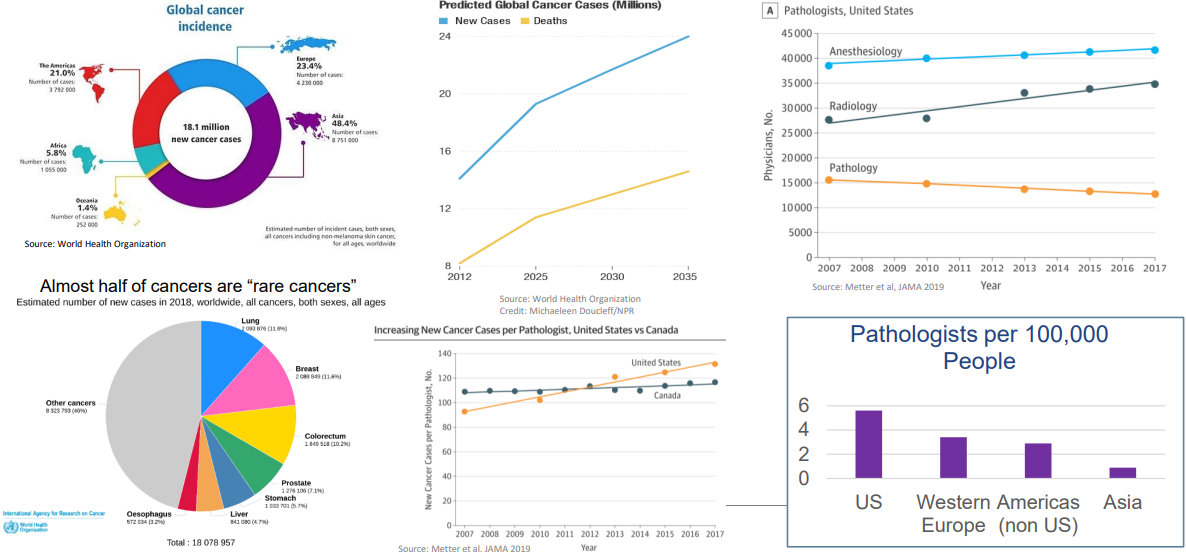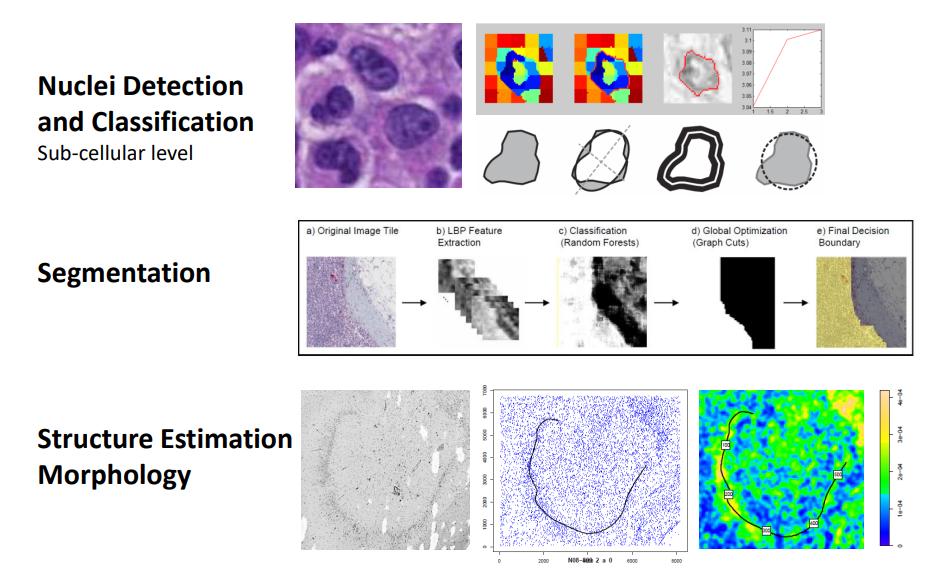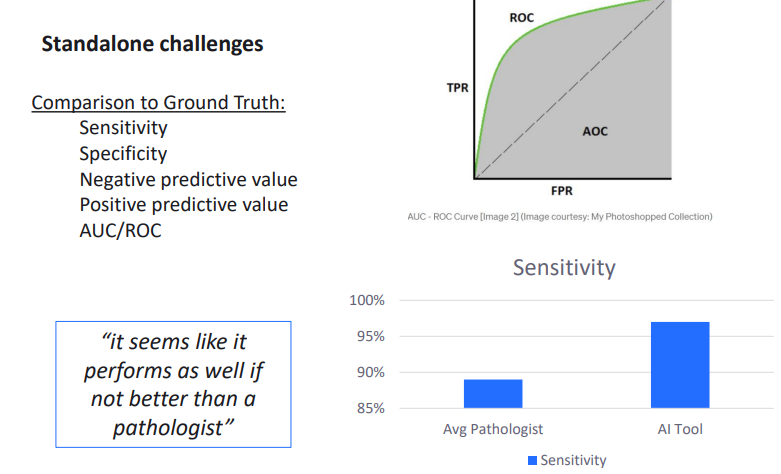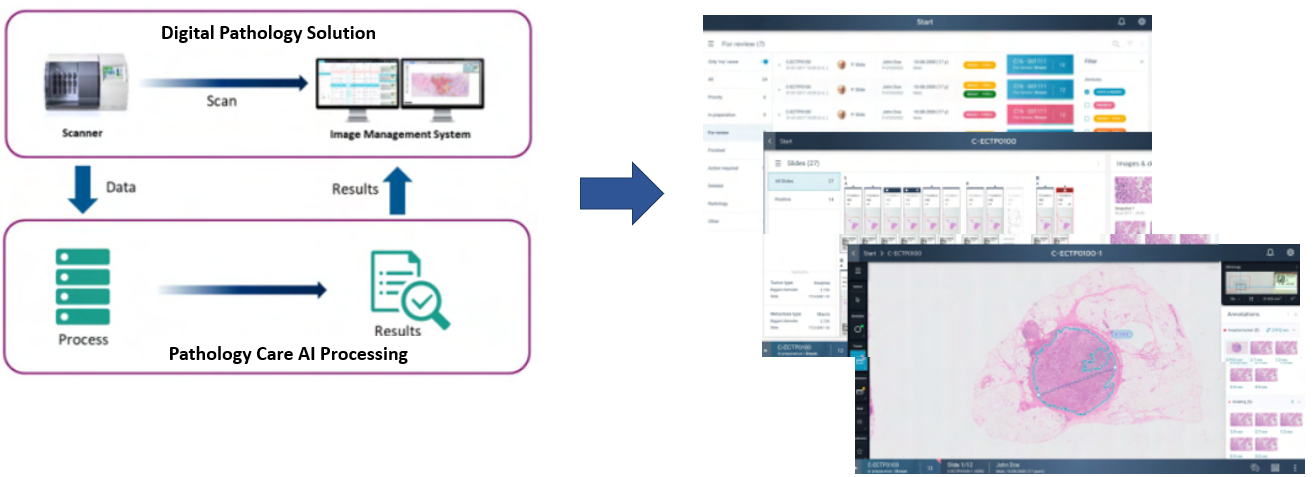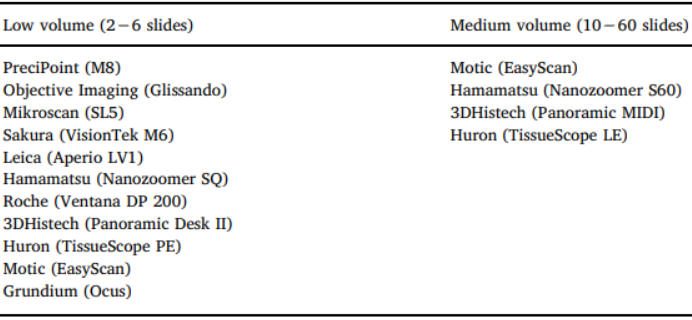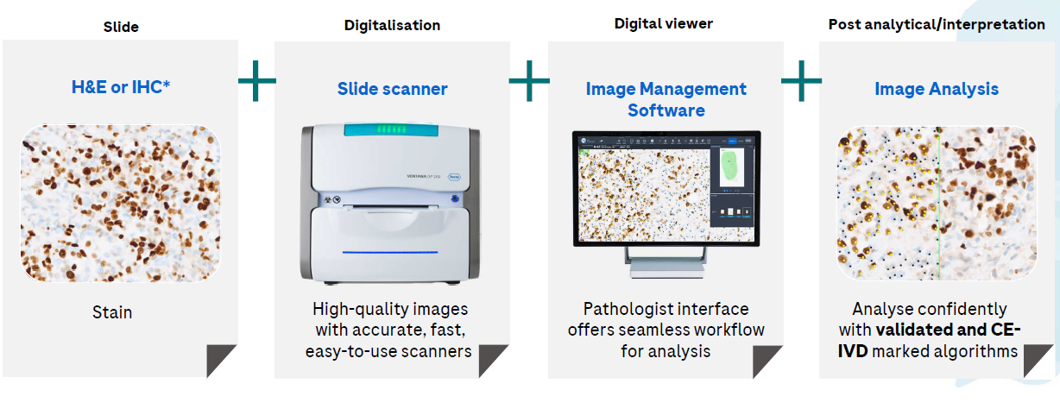
Digital Pathology
In the past five years...
One significant development in the field of digital pathology in the past five years has been the increasing use of AI and machine learning algorithms to assist with the analysis of digital slides. These algorithms can be trained to recognize patterns and features in pathology images and can potentially improve diagnostic accuracy and efficiency.
